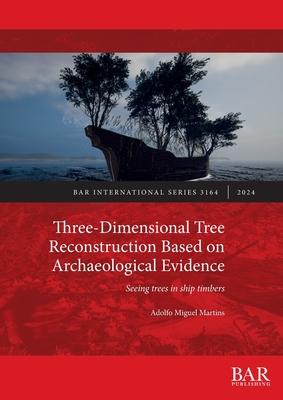This research focuses on the development of digital methodologies to identify evidence of timber supply and selection for traditional shipbuilding through the examination of the archaeological ship timbers. Traditions of archaeological ship timber recording are reviewed and developed, with particular reference to the capture of information regarding the raw material (wood) used in shipbuilding, to introduce a rigorous methodology which integrates digital three-dimensional technologies increasingly employed in maritime archaeology. This approach is showcased using case studies from the Iberian Age of Discoveries, in which the author is able to analyse assemblages of surviving ship timbers and to identify correlations between woodlands, shipyards, and shipbuilding architecture. A range of digital technologies are used to allow the recording, analysis, and interpretation of surviving wood features. Data is captured using a combination of a FaroArm digitiser with Rhinoceros3D software and multi-image photogrammetry to obtain precise and accurate information.

Three-Dimensional Tree Reconstruction Based on Archaeological Evidence: Seeing trees in ship timbers
This research focuses on the development of digital methodologies to identify evidence of timber supply and selection for traditional shipbuilding through the examination of the archaeological ship timbers. Traditions of archaeological ship timber recording are reviewed and developed, with particular reference to the capture of information regarding the raw material (wood) used in shipbuilding, to introduce a rigorous methodology which integrates digital three-dimensional technologies increasingly employed in maritime archaeology. This approach is showcased using case studies from the Iberian Age of Discoveries, in which the author is able to analyse assemblages of surviving ship timbers and to identify correlations between woodlands, shipyards, and shipbuilding architecture. A range of digital technologies are used to allow the recording, analysis, and interpretation of surviving wood features. Data is captured using a combination of a FaroArm digitiser with Rhinoceros3D software and multi-image photogrammetry to obtain precise and accurate information.